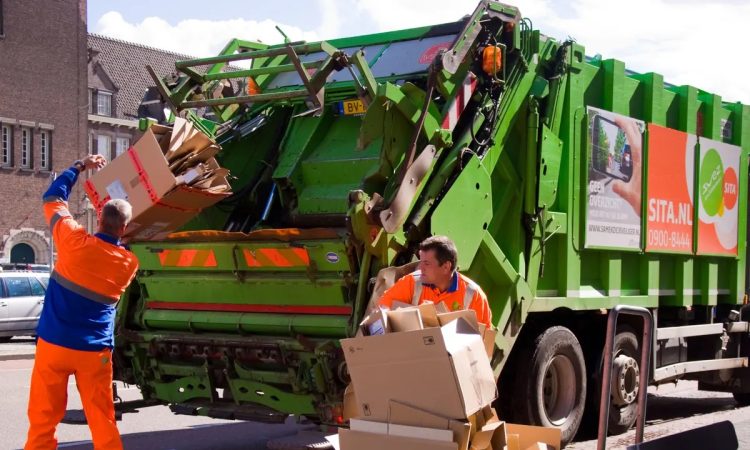In the intricate ballet of urban life, there’s a group of unsung heroes who play a pivotal role in our quest for environmental sustainability – recycling collectors. Their work goes beyond simply picking up recyclables; they are the first line of defences in our fight against environmental degradation.
A Day in the Life of a Recycling Collector
The day of a recycling collector typically starts early. Armed with their truck and a route map, they navigate through winding city streets and quiet suburban lanes, collecting recyclables from designated bins. It’s a physically demanding job that requires strength, endurance, and an unwavering commitment to the cause of waste management.
Yet, it’s not just about collecting materials. Recycling collectors must also be able to identify and sort different types of recyclable materials—paper, plastic, glass, metal—each requiring different handling and processing methods. It’s a complex task that demands keen observation skills and detailed knowledge of various recycling guidelines.
The Impact of Recycling Collectors on Environmental Sustainability
Recycling collectors play a crucial role in reducing landfill waste, conserving natural resources, and combating climate change. By collecting and channelling recyclable materials back into production cycles, they help save energy and reduce the need for raw materials. In fact, recycling one ton of paper saves about 17 trees and 7,000 gallons of water!
Moreover, recycling collectors contribute to reducing greenhouse gas emissions. According to the U.S. Environmental Protection Agency, recycling activities in 2018 alone resulted in the equivalent of taking over 39 million cars off the road for a year. This highlights the profound impact that recycling collectors have on our environment.
The Challenges Faced by Recycling Collectors
Despite their essential role, recycling collectors often face numerous challenges. These range from the physical demands of the job to dealing with contamination in recycling bins. Contamination, caused by non-recyclable items or improperly cleaned recyclables, can render an entire batch of materials unrecyclable. This not only compromises the efficiency of recycling processes but also poses health and safety risks to recycling collectors.
In addition, the recycling industry is constantly evolving, with advances in technology and changes in market dynamics influencing recycling practices. As such, recycling collectors must continually adapt and update their knowledge to meet these changes.
The Future of Recycling Collection
The future of recycling collection looks promising, with technological innovations paving the way for more efficient and effective processes. For instance, the use of AI and robotics in sorting recyclables could reduce contamination and improve the quality of collected materials.
Moreover, there’s a growing emphasis on creating circular economies where waste is minimized, and resources are continually reused. In such a scenario, the role of recycling collectors will become even more critical as they help drive the transition towards more sustainable consumption and production patterns.
In conclusion, recycling collectors are much more than waste collectors; they are environmental stewards safeguarding the health of our planet. Their work, while often overlooked, is integral to our collective efforts towards environmental sustainability. So, the next time you see a recycling collector in your neighbourhood, take a moment to appreciate their invaluable contribution to making our world a better place.
With increased awareness and respect for their work, coupled with technological advancements, the future of recycling collection looks bright. After all, in the grand scheme of environmental conservation, every sorted bottle, every collected paper, and every dedicated recycling collector counts!
